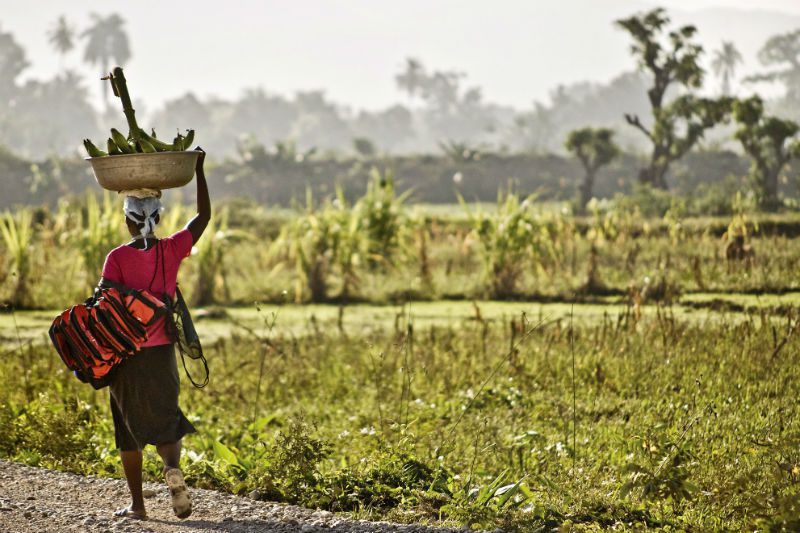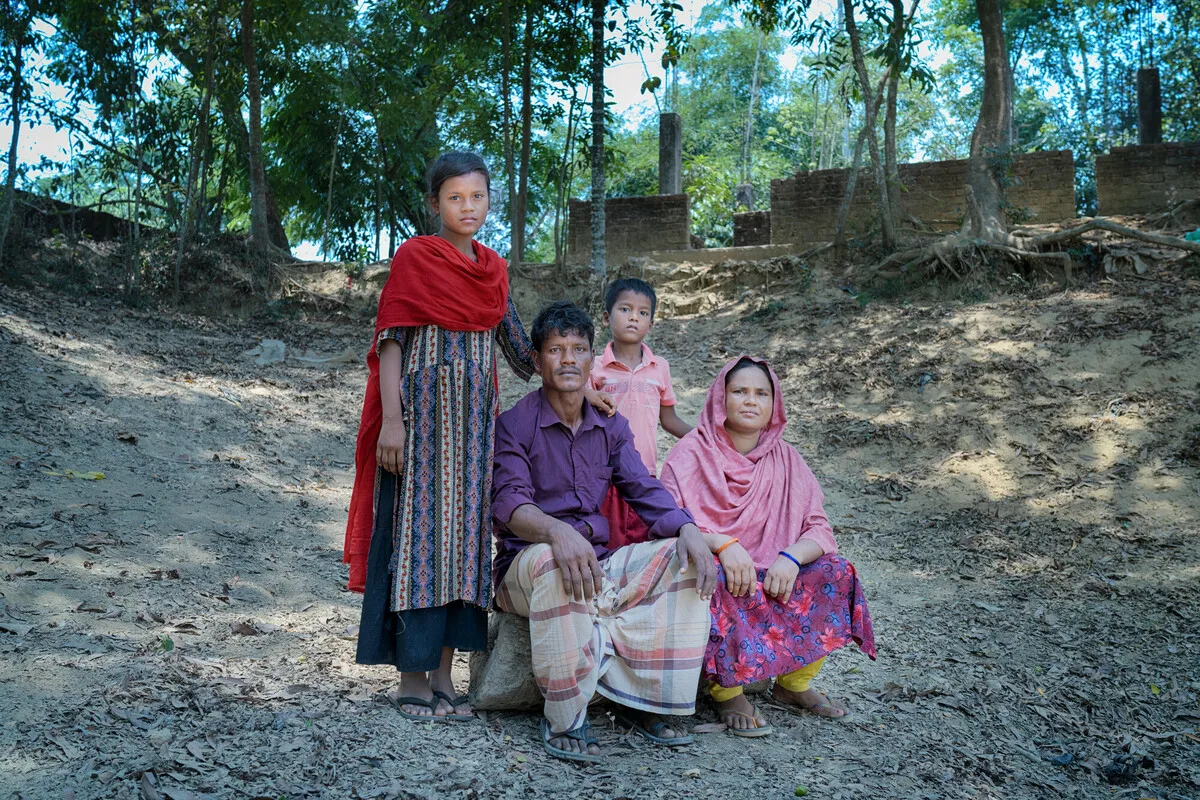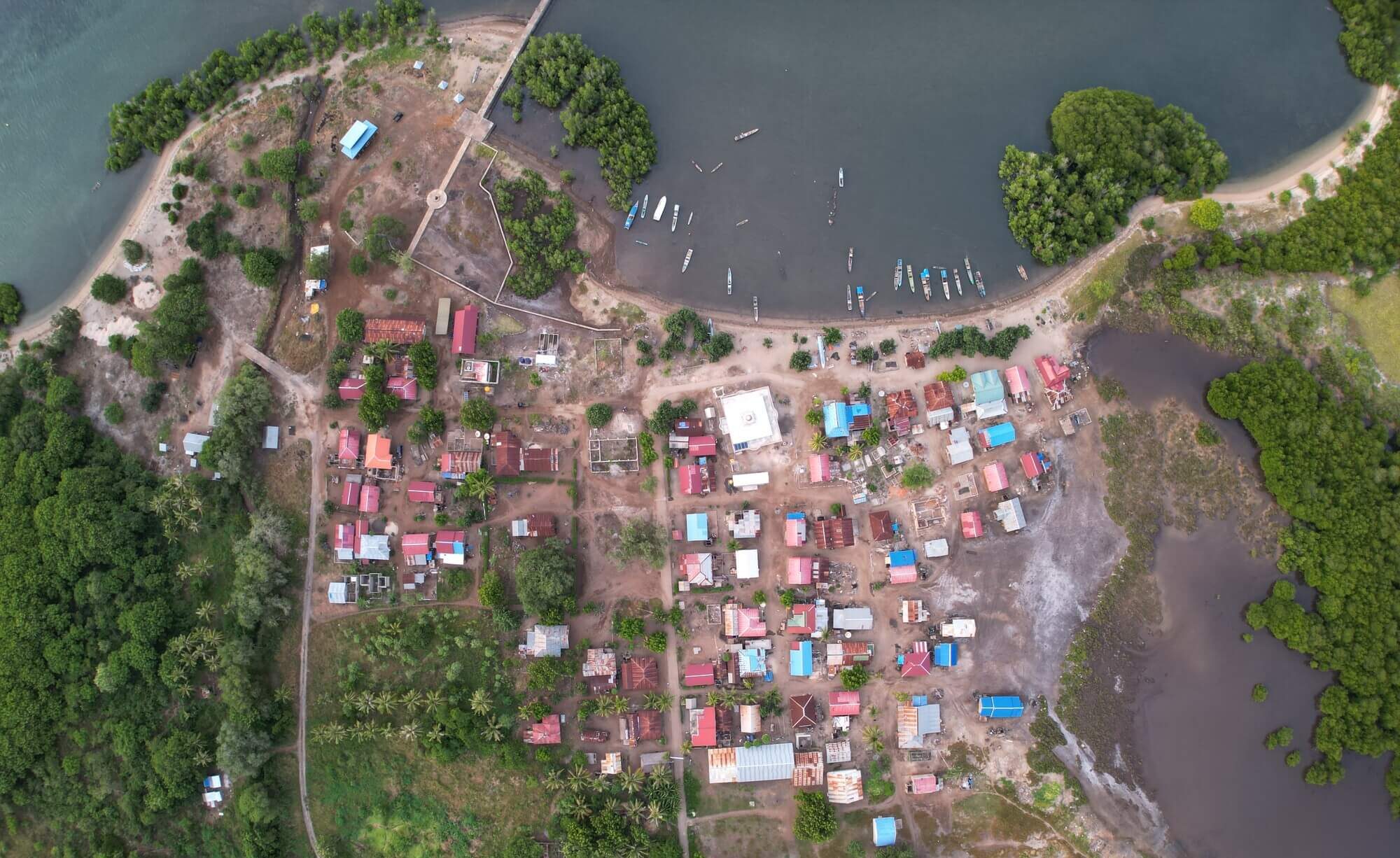In a time when the world’s 85 richest people own the same wealth as the poorest 3.5 billion people, the Australian Government has announced a budget that will widen the gap between the rich and the poor, leaving many who need more, with less. By abandoning its commitment to aid, the government is choosing poverty and inequality over a more prosperous, secure and caring world.
After already slashing $4.5 billion from the aid budget, the government has abandoned its commitment to keep aid in line with inflation. Further cuts will have a devastating impact on the world’s poorest people.
“The Government has broken its better-than-nothing promise to marginally increase Australia’s aid budget, announcing the latest in an onslaught of successive cuts to our aid program,” Oxfam Chief Executive Helen Szoke said.
“Australia must lift our game if we are to reverse trends like just one per cent of the global population owning almost half the world’s wealth; and one in eight people experiencing hunger every day, despite there being enough food to feed us all.
“The rising impact of crises is pushing the international humanitarian system to the brink. Unless countries like Australia invest more in humanitarian assistance and efforts to reduce disaster risk we are going to see more people go without life-saving assistance.”
It’s a view the NGO community are united on. The recent report, Humanitarian Action for Results, shows in the last four years alone, economic losses from disasters have exceeded $100 billion each year, and under the business as usual trajectory the world can expect losses from disasters to double by 2030.
According to World Vision’s CEO Tim Costello, efforts to reduce the risk of conflict and disasters are the best – and most cost-effective – way to address this growing problem.
“One in five people around the world live in areas affected by fragility, conflict or large-scale violence. The humanitarian impact and costs of responding to these crises will only continue to rise unless concerted action is taken to address the root causes, not just the symptoms”.
So what’s to be done?
To start, you can share our Facebook post, and write to your local MP. Spread the word that we should not balance our budget on the backs of the world’s poorest people and that cuts to foreign aid will cost us more as a country in the long-term.
As a nation with one of the strongest economies and lowest levels of debt, we can, and must do better.



